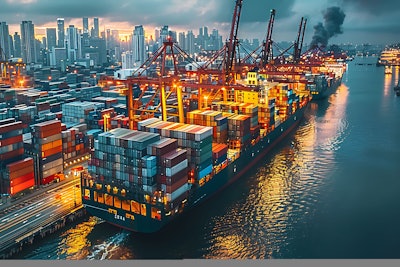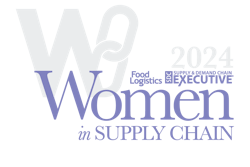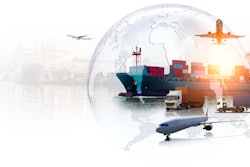
A study released by Descartes Systems Group and SAPIO Research showed that 48% of respondents identified rising tariffs and trade barriers as their top concern, closely followed by supply chain disruptions at 45% and geopolitical instability at 41%. Moreover, tariffs and trade barriers ranked as the priority issue regardless of company size, as respondents at companies with less than 250 employees, 251-500, 501-1,000, 1,001-50,000 and 50,000-plus employees all cited it as the most significant issue.
“Evolving tariffs and trade policies are one of a number of complex issues requiring organizations to build more resilience into their supply chains through compliance, technology and strategic planning,” says Jackson Wood, director, industry strategy at Descartes. “With the potential for the incoming U.S. administration to impose new and additional tariffs on a wide variety of goods and countries of origin, U.S. importers may need to significantly re-engineer their sourcing strategies to mitigate potentially higher costs.”
 Descartes Systems Group
Descartes Systems Group
Key takeaways:
- Results also showed that the impact of top global trade challenges on organizations can potentially vary by factors other than company size, including business growth, country and industry.
- For example, tariffs and trade barriers were more concerning for companies expecting greater than 15% growth (51%) than for those companies with shrinking/limited to no growth (43%).
- These challenges highlight the need for organizations involved in international trade to sharpen their supply chain analytics practices to help build more resilient supply chain networks.




![Pros To Know 2026 [color]](https://img.sdcexec.com/mindful/acbm/workspaces/default/uploads/2025/08/prostoknow-2026-color.mduFvhpgMk.png?auto=format%2Ccompress&bg=fff&fill-color=fff&fit=fill&h=100&q=70&w=100)







![Pros To Know 2026 [color]](https://img.sdcexec.com/mindful/acbm/workspaces/default/uploads/2025/08/prostoknow-2026-color.mduFvhpgMk.png?ar=16%3A9&auto=format%2Ccompress&bg=fff&fill-color=fff&fit=fill&h=135&q=70&w=240)




